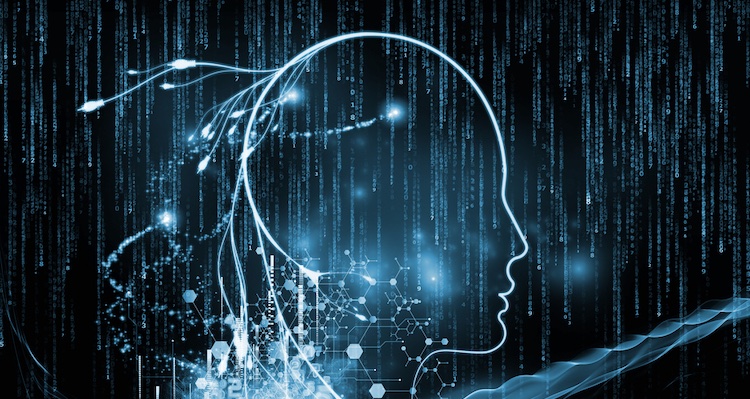Magic Moments: Unique Ways AI Might Improve Your Love Life
You name it, and machine learning systems could be there to lend a (virtual) hand

It’s growing increasingly obvious that AI, perhaps more than any other technology, may utterly transform human sexuality—hopefully for the better.
With that in mind, let’s do some outside-the-box thinking about how machine learning systems could enhance human sex and intimacy in the years ahead, keeping in mind that if trying to imagine the future has taught us anything, it’s that any technology’s impact on human society will always be unpredictable.
Genius-level sextech
Though some manufacturers are already outfitting their smart sextech products with AI—case in point, Lelo’s new smartphone app—they sometimes feel more like a jump on the artificial intelligence bandwagon than exploring its nearly limitless possibilities.
It is A situation that shows every sign of changing—and fast. As Lovehoney’s AI Solution Manager, Fabian Schmolck, told EL PAÍS, “AI has great personalization potential. It allows us to interpret data and develop individual responses based on sensory information, such as body temperature and pulse, to adapt them to the user’s needs. For example, future sex toys could recognize if you are having an orgasm and, based on your behavior, know whether it should increase or decrease its intensity.”
These sorts of super-smart products may not even need to be physically controlled, aside from switching them on or off, of course: equipped with a multitude of sensors, they’ll be able to recognize and continuously react to their user’s arousal levels—which might either be established beforehand or left up to their on-board AI to determine, based perhaps on a simple rule like show my user a great time.
Future sextech might also be excitingly multidimensional. For example, its physical form may not necessarily be what it looks like or how it behaves in augmented or virtual reality environments—especially when linked to haptic systems to add taste, touch, smell, and other sensations to the user’s experiences.
Someone for everyone
Like the sextech industry, dating sites and apps have already started exploring the use of AI-driven algorithms—which an increasing number of people seem fine with.
But also, like today’s smart-but-could-be-smarter vibrators, this is just the beginning of how AI could make the dream of everyone being able to find someone to be and play with a reality.
Imagine what might happen when a super-sophisticated AI is given access to not just your personal data, including social media, online purchases, entertainment choices, sexual preferences, and gender expression(s), but thousands of other people’s as well.
RECOMMENDED READ: Love Bytes: Sex Therapists Weigh in on AI Relationships
With this information, it might understand you more than you do yourself, then, using it to locate someone, or maybe several someones, you’ll really like—and who’d feel the same about you.
Who knows, maybe your ideal mate isn’t a person but a specialty-tailored AI. Or if not your ideal partner, then perhaps a virtual entity that’ll—how shall I put this?—make you a better you?
Be all you can be
Naturally, we’re a long way from AI sex therapists that’ll be as good as human ones are now, but considering how insanely fast the technology is progressing, they might be here much sooner than you expect.
What’s interesting about the idea of an artificially intelligent therapist, life coach, or just a helpful friend, is how ubiquitous they might be, working in our personal, digital backgrounds to subtly help us process and then potentially overcome personal and/or sexual difficulties.
The media often likes to depict this as a nightmare—machines dictating our every move, and so forth—but, again, frequently forgets how quickly AIs are evolving.
Yes, there’s going to be some initial weirdness, but as the technology learns more and more about us and we do the same in return, there’s a very good chance artificial intelligences will go from strange and disturbing to part of our day-to-day lives—a friend when we need one, a lover when we want one, or a therapist when necessary.
The start of something—wonderful?
As I’m fond of saying, while we should always keep our eyes extremely wide open when it comes to embracing any new technology, especially something with as much world-changing potential as artificial intelligence research, bowing to unjustified fears is far more likely to result in greater social problems.
Remember, AI learns—it’s designed and built to do precisely that—so wouldn’t it be wiser to teach it to be caring, supportive, and, yes, loving, instead of being frightened of what it might someday do?
Image Sources: Depositphotos

















